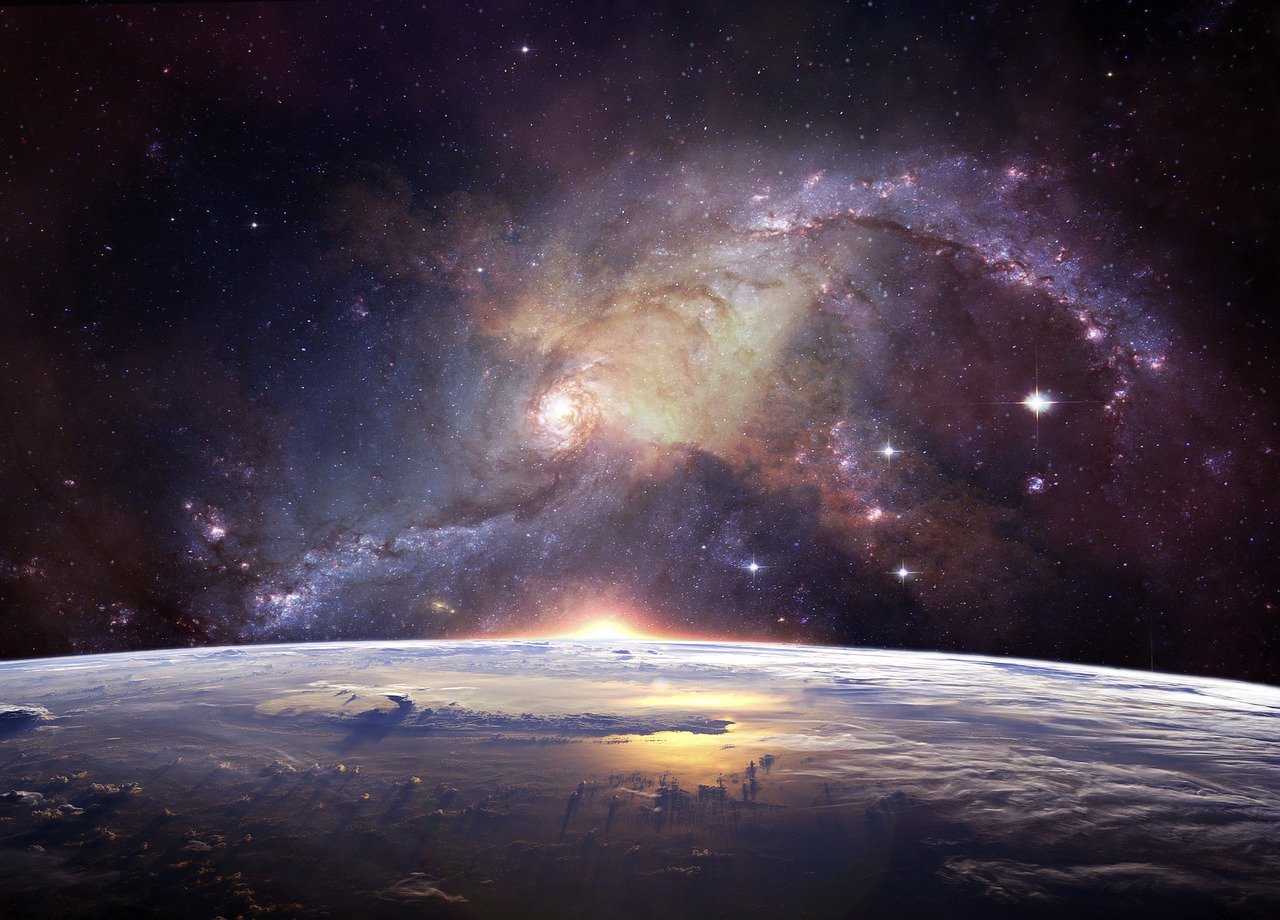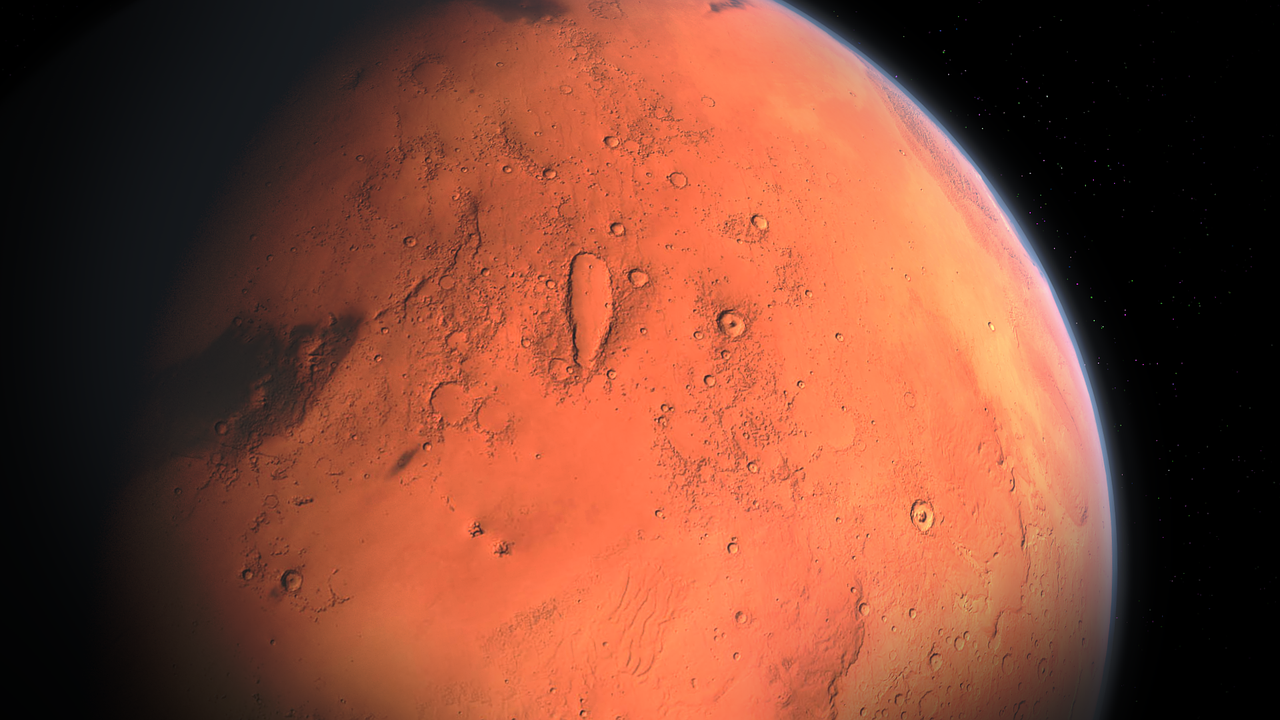
What does space smell like? Many people have given this question many times. In fact, the history of this “smell of space” has often been clouded in mystery behind different accounts of such presence. Some describe it as stale air, gun powder, fruit, chocolate, or a strong BBQ.
One of the more popular accounts is that of what smells like gun powder floating in the atmosphere above a space craft. The effect this has on an astronaut is quite startling to say the least. It is nearly identical to the smell of fresh-baked bread. To add to this, when an astronaut returns to the ship, the baking smell will still be there. Another astronaut reported that his time in space resulted in an odd, and very sweet taste in his mouth.
This was determined to be the result of a strong chemical reaction caused by re-entry and the extreme cold of space. Although this was the prevailing theory for quite some time, no concrete proof existed until whistleblower Neil Armstrong shared his first and last food during a spacewalk. The smell of welding fumes was described by another astronaut as a chemical smell in which it made him feel sick. There are other theories that sulphur dioxide and oxygen are the main components of these odours, but none has ever been proved.
Some people have claimed that what smells like is the scent of cosmic dust. Others have thought that it is the aroma of a dying planet. Still others have proposed that what smells like is the scent of an alien civilisation. All of these have been considered by scientists and astro-physicists alike. The jury is still out on what really smells like in space.
In the case of what smells like on the International Space Station (ISS), it has been determined that liquid carbon dioxide is the dominant scent, followed by the more pungent smells of sulphur dioxide and nitrogen. The mixture of these two odours creates what astronauts call “the smell of space.” This mixture is what they describe as a unique smell which differs from the smell of the Earth. It has been scientifically confirmed that these odours have a profound effect on the psychological well being of astronauts. It has also been found that exposure to such odours while in space causes them to become significantly more relaxed.
The psychological effects of what smells like on the International Space Station can have a profound effect upon the attitude and behaviour of any astronauts. Learning more about how to deal with these odours while working in an extreme environment such as the ISS, could help them perform much better on day to day tasks. It could also give them a greater staying power when they return to Earth. There is also the opportunity to gain invaluable life experience through this experiential education. In short, this could be one of the most important investments NASA and other space research facilities are ever likely to make.
Now that you know what does space smell like, why wouldn’t you want to smell like the outside world? Smelling the outlands and experiencing the variety of aromas available in the outlands would encourage the same sense of awe you felt on the ISS. Many experienced astronauts have described their memorable missions to space in terms of how they smelled. In some cases they have reported experiencing an overpowering scent which quickly made them realise they were actually on the outer space frontier. In other cases they have described a completely fresh and clean smell, which has then given them the confidence to climb into their Soyuz capsule and return to Earth.
These stories highlight just how much the smell of space has affected the minds and souls of those who have orbited the Earth. With the recent signing of an agreement with Russia to build a new orbital space station, the chances are that we will soon see an abundance of astronauts basking in the splendour of an alien environment, inhaling the odour of an alien planet. Only time will tell. Will astronauts base their missions on an alien planet where the only human living will be the scientists and cosmetologists who have designed, built and launched the experiments?







